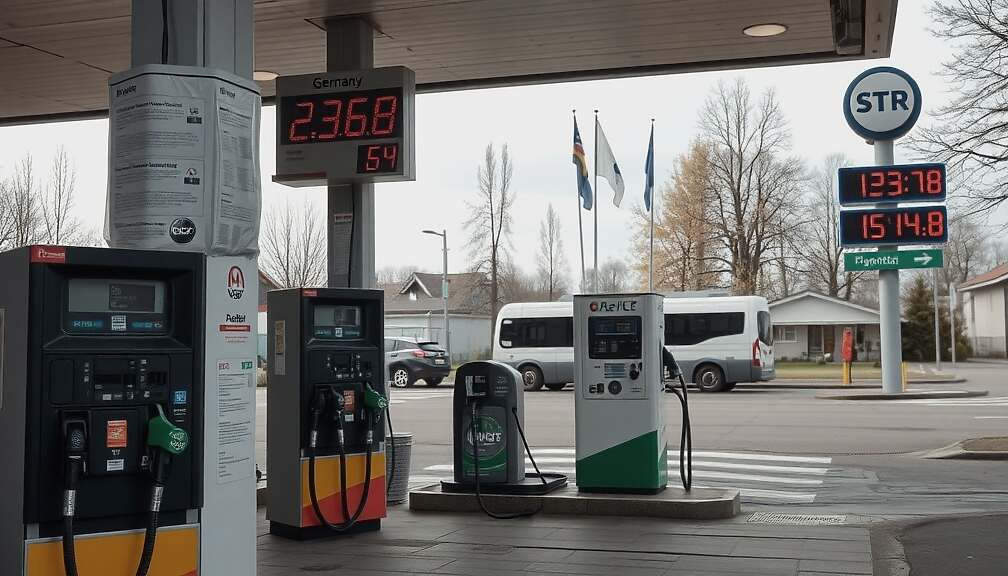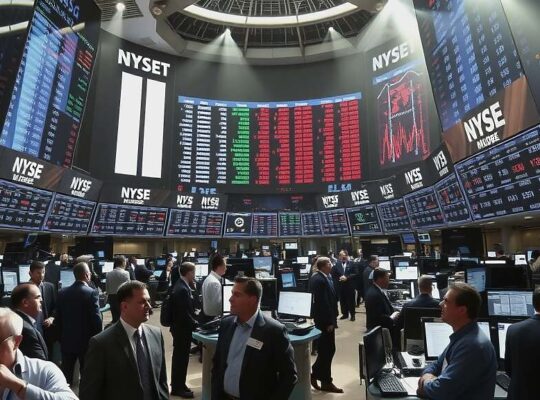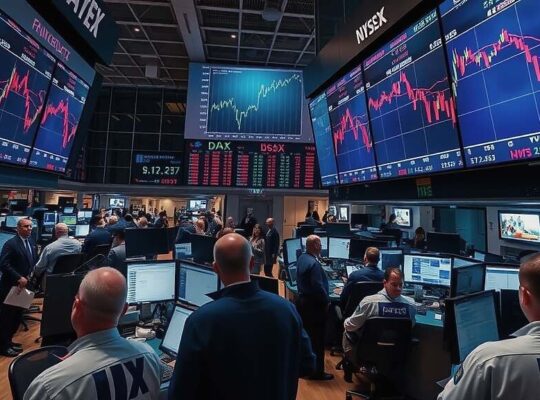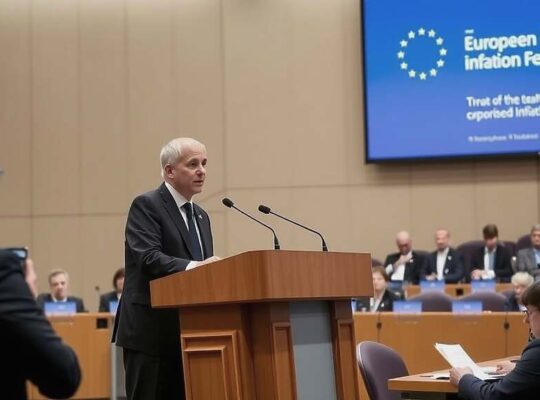Fuel price disparities in Germany are sparking renewed scrutiny of market transparency and potential profiteering by suppliers. While gasoline prices experienced a marginal decline in the past week, falling to an average of €1.682 per liter, diesel costs have noticeably increased, now averaging €1.654 per liter. This divergence, revealed in a recent ADAC analysis, highlights a complex and potentially problematic situation for German consumers.
The ADAC report attributes the fluctuating prices primarily to movements in the price of Brent crude oil, which dropped from $65 to $62 per barrel within a single week. However, crucially, this decrease has not been reflected proportionally at the pump. This discrepancy raises serious questions about the responsiveness of German fuel retailers and whether they are fully passing on reductions in raw material costs.
Comparing current prices to those observed on August 1, 2023, when Super E10 was at a similar price point, reveals a significant difference: Brent crude then traded at approximately $70 per barrel, roughly $8 more expensive than its current level. This stark contrast provides compelling evidence, according to the ADAC, that consumers are currently paying substantially more for fuel than is justified by prevailing market conditions.
Political commentators are seizing on the ADAC findings, with opposition parties demanding greater oversight of the fuel market and calling for measures to improve transparency. Concerns are being raised about the potential for fuel companies to exploit fluctuating prices for increased profits, placing a significant financial burden on individuals and businesses. The debate signals a growing pressure on the government to investigate the pricing structure and consider potential interventions to ensure fairer fuel prices for German citizens.












